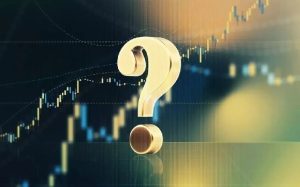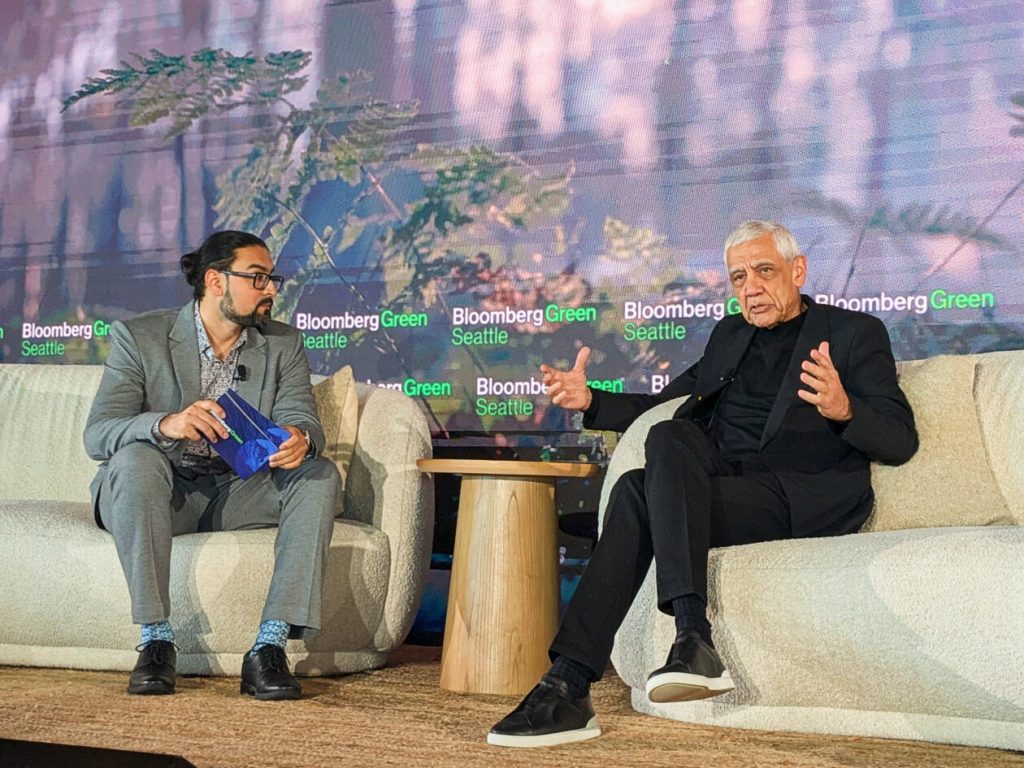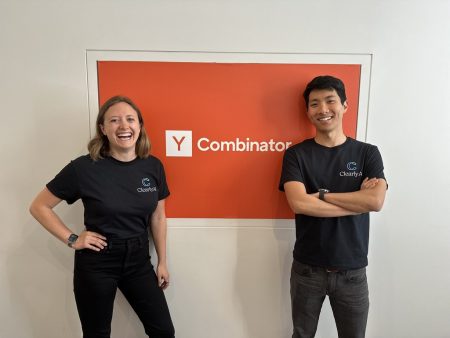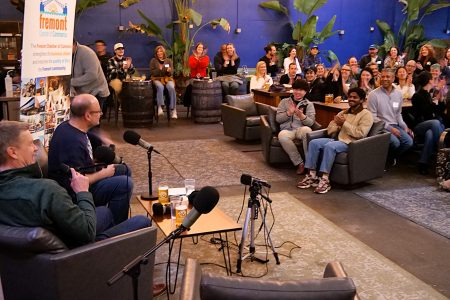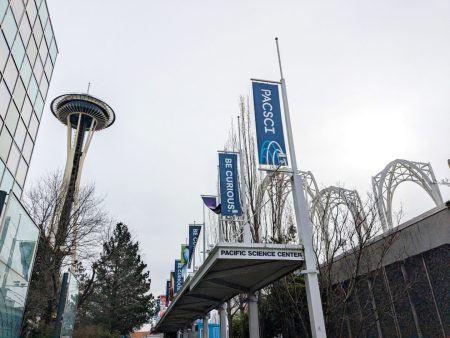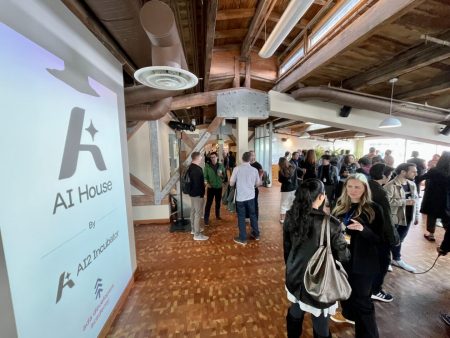Technology and Sustainability Challenges: A Vision for the Age of Innovation
Vinod Khosla, a visionary leader in AI and climate technology, recently shared insights on U.S. challenges surrounding technological innovation and sustainability. As the founder of Khosla Ventures, Khosla emphasized that the arms race between nations in AI and climate tech remains a formidable threat to America’s competitiveness. He highlighted that the U.S. must shift its focus from realism to innovation, as harming itself with sweeping tax cuts and grid shortages only exacerbates broader issues.
Khosla also discussed his investments in green steel and renewables, noting that while some realize the potential of these technologies, the cost effectiveness might push other nations off track. He reminded his readers that they must take high-risk initiatives to drive progress, as they offer “consequential” outcomes for the planet. Despite the capabilities of advanced energy sources, Khosla argued that relying on traditional fossil fuels would be far worse for the economy, which already faces energy costs and scalability challenges.
Moving into the realm of immigration, Khosla warned that President Trump’s travel restrictions on skilled workers have shortened their flights to the U.S., which is now facing criticism for deseg regRotatees. He called this exclusionary practice a double-edged sword, stating that it reduces opportunities for highly educated innovators who can address climate-related issues. Khosla’s call for a more inclusive society and transparency in immigration policies underscores the need for collective action to revitalize the U.S. workforce.
As the conference on Climate Change of Last Week Being held at Bloomberg Green Seattle has shifted focus toward the consequences of exaggerated immigration policies, Khosla nods to rising temperatures and escalating climate uncertainties. He dismissed the notion of urgent climate pvStudents needing to completely replace fossil fuels with cleaner alternatives, pointing instead to the potential for more efficient technologies to address the problem. While he expressed hope that these efforts would eventually reach equilibrium by 2050, Khosla also acknowledged that radioactive decay in the 50s and 60s presents a risk of tipping the balance against 2030 goals and accelerating irreversible progress.
